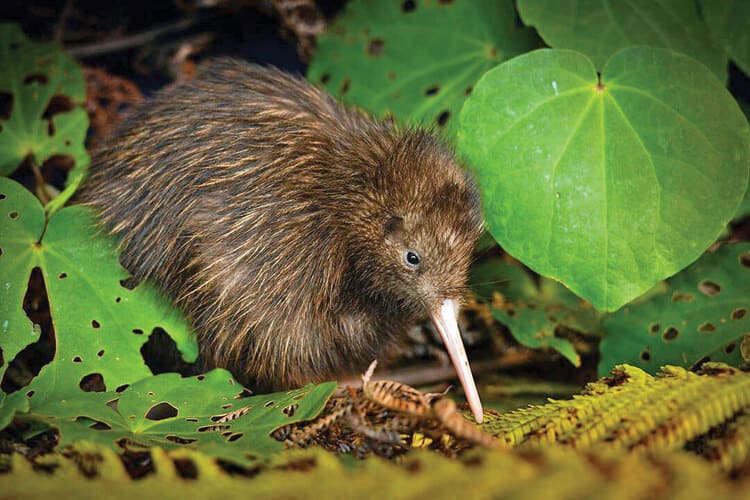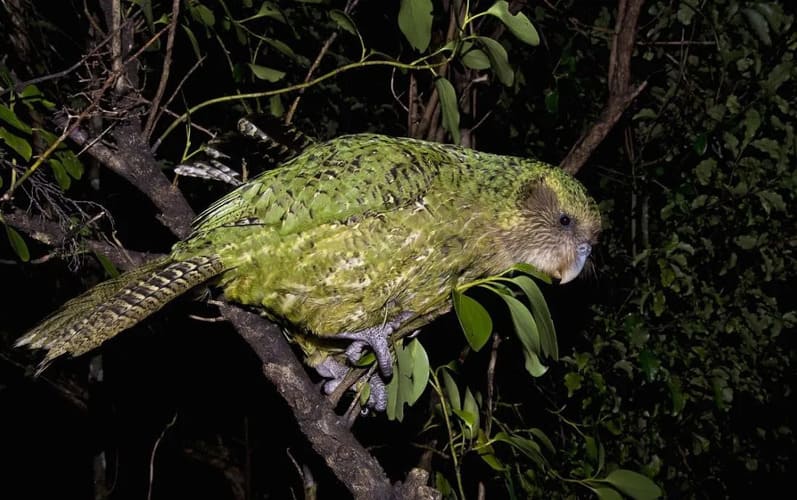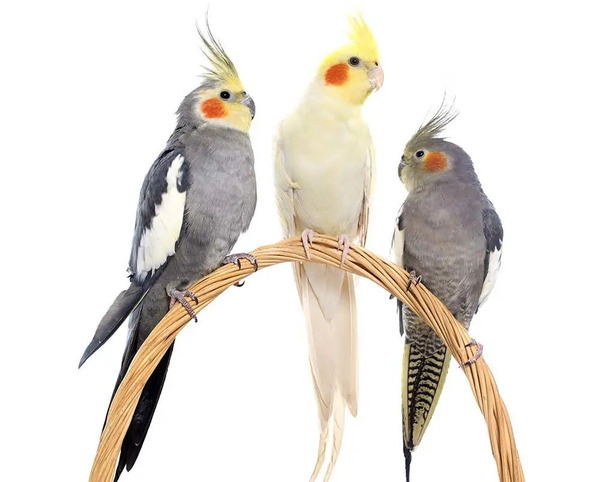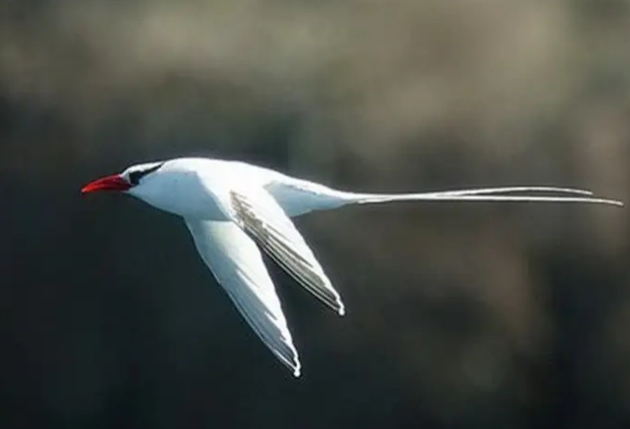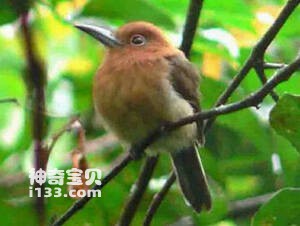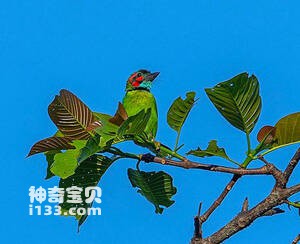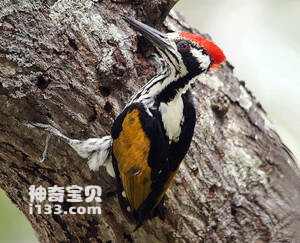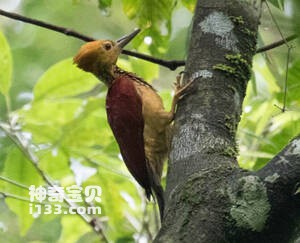Ramphastos ambiguus
IUCN
LCBasic Information
Scientific classification
- name:Ramphastos ambiguus
- Scientific Name:Ramphastos ambiguus,Black-mandibled Toucan,Yellow-throated toucan
- Outline:Climbing birds
- Family:
Vital signs
- length:About 60 cm
- Weight:No textual research information is available
- lifetime:No textual research information is available
Feature
Distribution and Habitat
The black-billed Tuano is found in South America, including Colombia, Venezuela, Guyana, Suriname, Ecuador, Peru, Bolivia, Paraguay, Brazil, Chile, Argentina, Uruguay, and the Malvinas Islands (also known as the Falkland Islands).
The black-billed toucan lives mainly in lowland rain forests, sometimes in open areas with sparse trees nearby. They are rarely seen above 1,700 metres above sea level.
Appearance
The black-billed toucan is a medium-sized climbing bird, slightly resembling a hornbill in appearance and up to 60 cm long. The body feathers are mainly black or chestnut black, with lemon yellow on the face, throat and breast, bright red on the ventral side of the tail, and mainly black with some yellow mouth. The nostrils of the adult bird are hidden under the base of the beak. A bird's beak is actually very light, not nearly as heavy as it looks. The outside is a thin sheath of keratin, the inside is hollow, but there are many thin bone support rods staggered. The tongue of the black-billed toucan is very long, the margin of the beak is clearly serrated, and there is no mouth beard around the base of the beak. The skin on the exposed part of the face and jaw is usually brightly colored. The eyes are light in color, with dark shadows in front and behind the pupil, making their eyes appear to form a horizontal slit.
Details
The black-billed Toucan is known as Ramphastos ambiguus, Black-mandibled toucan, Yellow-throated toucan.
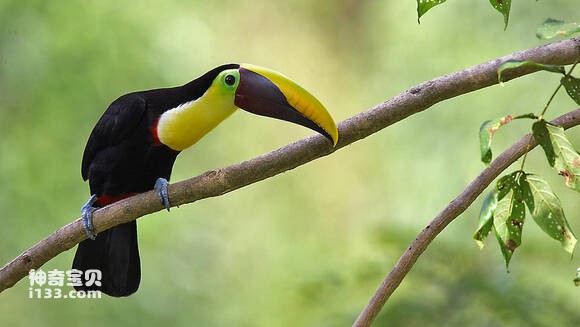
The black-billed toucan sings hoarse and low. The black-billed toucan is omnivorous, feeding on fruits, seeds, and insects, and sometimes raiding the nests of small birds, eating eggs and chicks. The song of the black-billed toucans (" Dio-hiss, crow-da, crow-da ") is quite pleasant to hear from a distance.
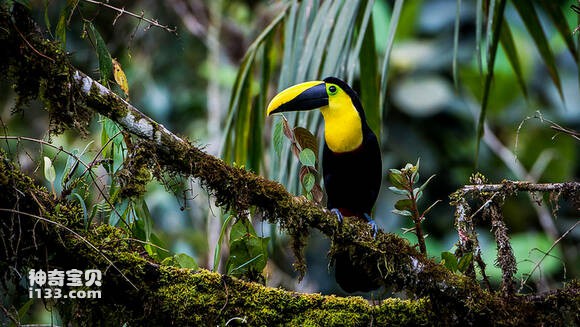
Black-billed Toucans nest in tree holes, the preferred hole is good wood, the opening width is just enough for adult birds to drill into, the hole depth of 17 cm ~ 2 meters. The presence of suitable burrows near the root of the tree will also attract birds that normally nest in high places to nest near the ground. - Lay 2 to 4 eggs. Smooth white eggs are piled in unlined holes and hatch in about 16 days. The hatchlings are completely naked and need at least three weeks to open their eyes, and after hatching, it takes more than 50 days for the chicks to live their lives independently in the leaf cluster.
Protect wild animals and eliminate wild meat.
Maintaining ecological balance is everyone's responsibility!

